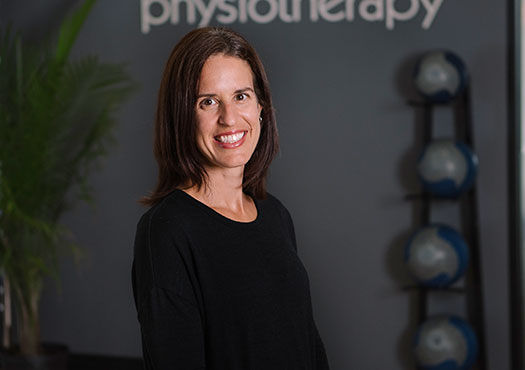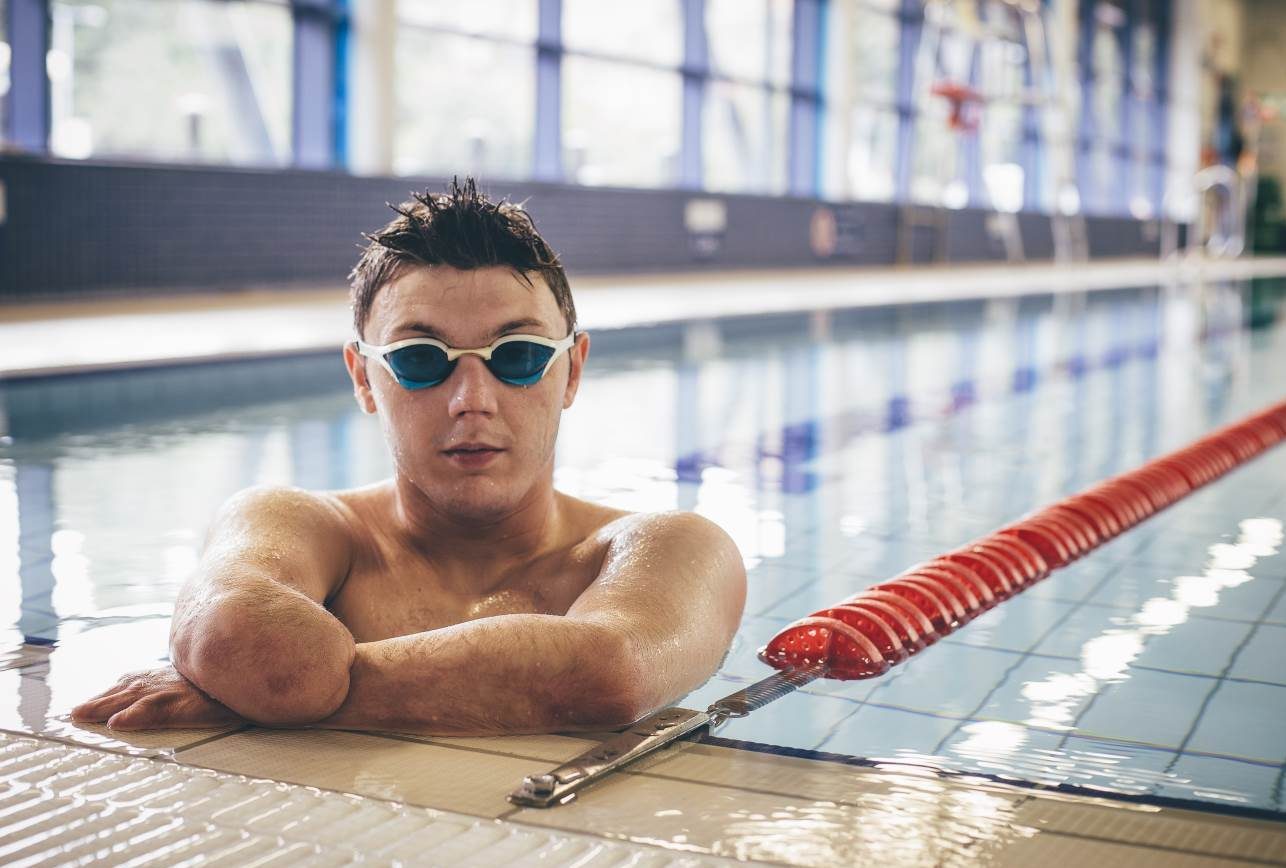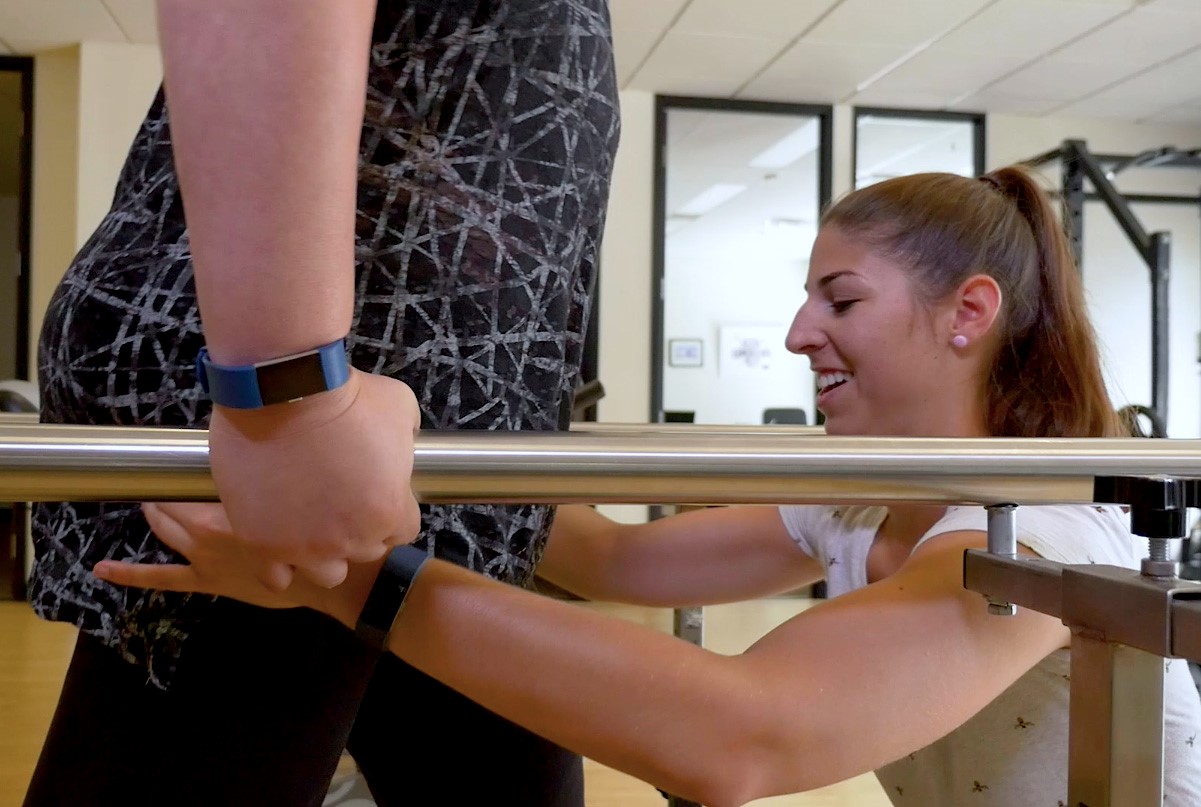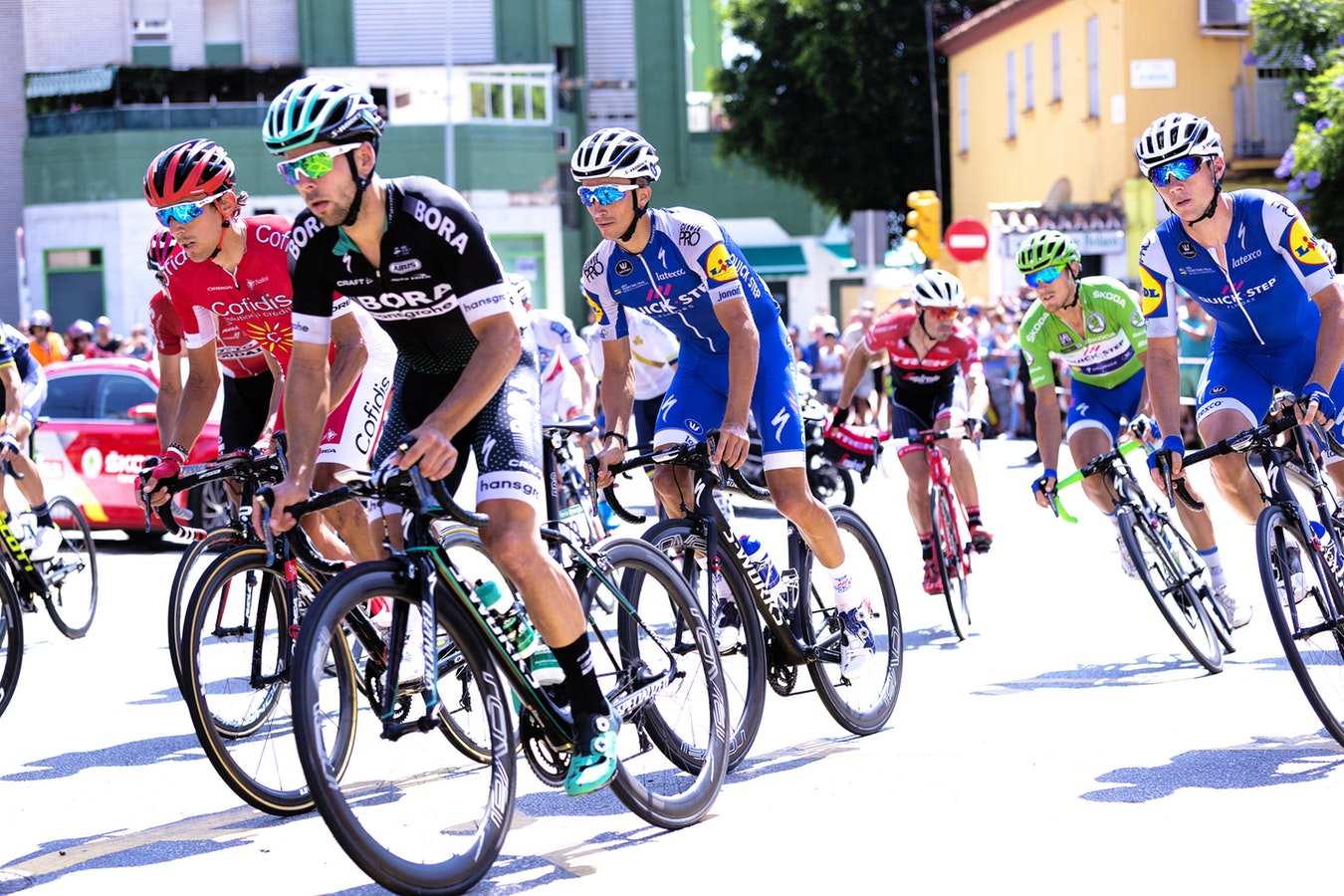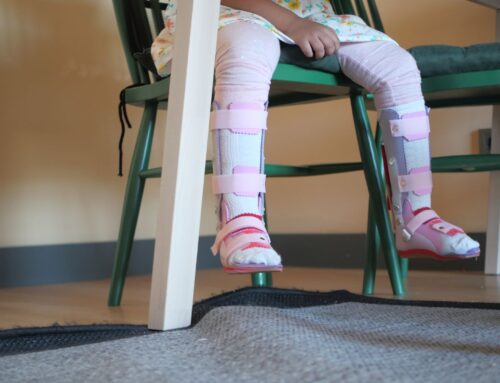Cerebral palsy is a movement disorder caused by abnormal development or damage to the brain during pregnancy, childbirth or infancy. Cerebral palsy physiotherapy aims to target the specific motor symptoms of cerebral palsy and reduce long term complications. At Propel Physiotherapy, our physiotherapy programs are tailored to the unique presentation and challenges of each individual.
Cerebral palsy is the most common cause of motor disability in childhood.[i] The birth prevalence of cerebral palsy in developed countries is estimated to be 2.11 per 1000 live births.[ii] Early identification and intervention are key for successful outcomes. In this article we will look at the causes, symptoms, and treatment for cerebral palsy.
What is Cerebral Palsy?
Cerebral palsy is defined as a group of movement disorders that can affect movement, muscle tone, posture and balance. Symptoms range from mild to severe and can lead to problems in adulthood. The disorder can also lead to problems with vision, eating, breathing and bladder control.
What are the Main Causes of Cerebral Palsy?
Cerebral palsy is caused by abnormal development or damage to the parts of the brain that control movement during pregnancy, childbirth or in the first few years of life.
Causes may include:
- Gene mutations that affect the normal development of the brain
- Maternal infections that disrupt the normal developmental progress of the brain (e.g., chickenpox, rubella, cytomegalovirus)
- Fetal stroke that disrupts the blood supply to the developing brain
- Bleeding into the brain (in the uterus or as a newborn) caused by blood clotting problems, abnormally formed vessels, heart defects, sickle cell disease
- Infant infections like meningitis or encephalitis that lead to inflammation around the brain
- Traumatic brain injuries due to a car accident, fall or abuse
- Lack of oxygen to the brain due to a difficult labour or delivery[iii]
What are the Symptoms of Cerebral Palsy?
Each individual with cerebral palsy presents with a unique clinical presentation. Motor symptoms of CP include:
- Spasticity – stiff muscles and increased muscle tone
- Weakness – low tone muscles and difficulty moving
- Ataxia – difficulty with coordination and muscle control
- Dyskinesthia – twisting, abrupt and uncontrolled movements
- Tremors – rhythmic shaking movement in one or more parts of the body
These symptoms typically lead to problems in motor development including crawling, standing and walking.
What are the Early Signs of Cerebral Palsy?
While there is a large range in the development of motor milestones in infants, early signs of cerebral palsy include the following:
- Abnormally low or high tone when holding the baby
- An inability to lift the head by the appropriate age
- Poor muscle tone in limbs resulting in heavy or floppy arms or legs
- Difficulty coordinating movements such as grasping or clapping
- Delay in motor milestones such as rolling, crawling and walking
- Tightness in muscles causing inability to straighten joints
- Involuntary movements or tremors[iv]
Cerebral Palsy Physiotherapy
At Propel Physiotherapy, we deliver physiotherapy services to children and youth, from birth to 25 years of age. Our pediatric physiotherapy services include a comprehensive assessment of a child’s gross motor function and posture, including strength, posture, gait, flexibility, balance, coordination and sensory processing.
Physiotherapists have a large role in the management of cerebral palsy symptoms. Physiotherapy interventions aim to target the specific motor symptoms of cerebral palsy and reduce long term complications. These cerebral palsy physiotherapy strategies include:
- Bobath Technique – to facilitate normal patterns of movement in rolling, crawling and walking
- Sensory Integration Training – techniques to facilitate the neurological processing of types, quality and intensity of sensory information
- Functional Electric Stimulation – using electric current to increase muscle strength and function
- Stretching – passive and active techniques to elongate shortened muscles; in addition physiotherapists work with orthotists and occupational therapists to promote serial casting and splinting to maintain stretched positions and prevent contractures
- Functional Training – using daily tasks to help with motor recovery and stretching
- Strengthening – improving the strength of muscles to help improve movement and posture
- Gait Training – using techniques such as body weight supported treadmill in combination with manual facilitation and orthosis to promote walking[v]
Therapists also help to provide education and hands on support to parents to promote therapy strategies outside of the clinic.
Early identification and intervention are key for successful outcomes. Contact us today to book your complimentary consultation, or to book an appointment with one of our therapists!
References
[i] Amankwah N, Oskoui M, Garner R, Bancej C, Manuel D, Wall R, Finès P, Bernier J, Tu K, Reimer K. Original quantitative research – Cerebral palsy in Canada, 2011–2031: results of a microsimulation modelling study of epidemiological and cost impacts. doi: 10.24095/hpcdp.40.2.01.
[ii] Oskoui M, Coutinho F, Dykeman J, Jetté N, Pringsheim T. An update on the prevalence of cerebral palsy: a systematic review and meta-analysis. Dev Med Child Neurol. 2013 Jun;55(6):509-19. doi: 10.1111/dmcn.12080. Epub 2013 Jan 24. Erratum in: Dev Med Child Neurol. 2016 Mar;58(3):316. PMID: 23346889.
[iii] What causes cerebral palsy? National Institute of Child Health and Human Development, National Institutes of Health, US Department of Health and Human Services.
[iv] Diagnosing Cerebral Palsy in Children. Hassenfeld Children’s Hopsital, NYU Langone Health.
[v] Physiotherapy Treatment Approaches for Individuals with Cerebral Palsy. Physiopedia.
Written by


